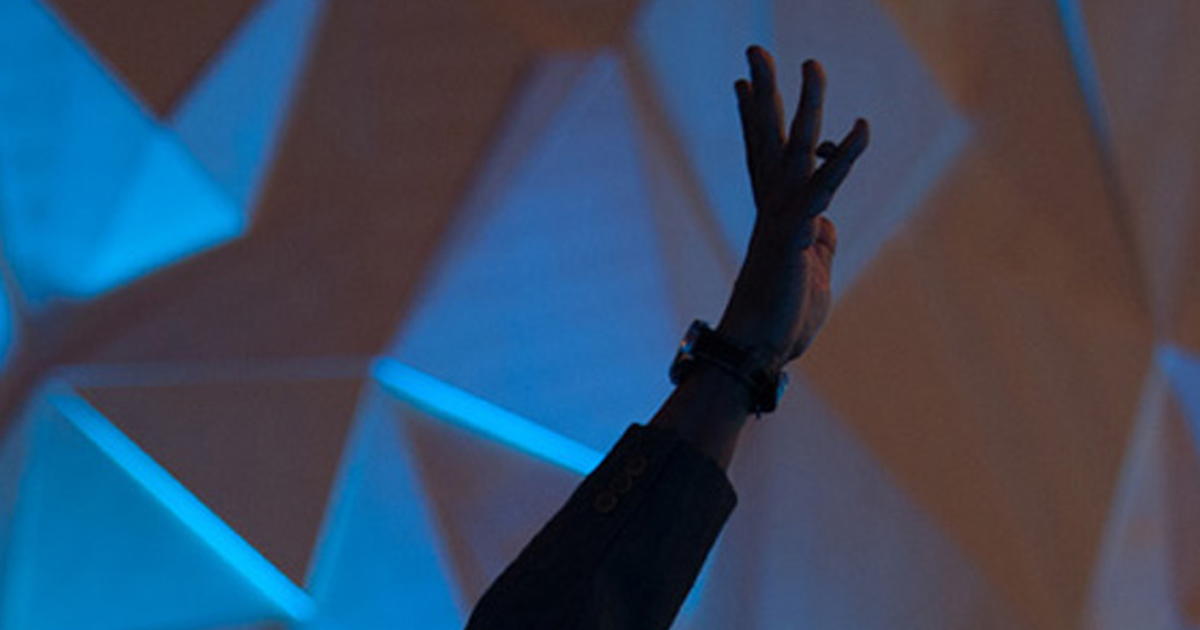Higher education should be at the forefront of attempts to navigate a route through the confluence of disruptive forces affecting the world in the early 21st century. There are numerous examples of how higher education contributes to the common good – from innovative ways in delivering higher education that are reaching those displaced by the conflicts in the Middle East, to scientific research which may provide the world its only way of avoiding environmental breakdown. But it is also a bastion of inequality, more and more obsessed with rankings which openly celebrate elitism in an era where elites are increasingly derided. Fostering inequality and celebrating elitism are becoming high risk strategies post the wave of populism of the 2010s. There are other routes open to what higher education can be. Safer and better ones for HE itself, but it will take global advocacy and action if they are to be taken.
The workshop ‘Equitable Access to Higher Education: How do we meet the global challenge?’ at this year’s WISE summit will discuss what such global advocacy and action could look like with a particular focus on plans for World Access to Higher Education Day (WAHED). The aim of WAHED is to create a platform which raises global awareness around inequalities in higher education participation. The day, planned for late 2018, will be based around simultaneous conferences in each continent of the world, with activities designed to break down the barriers to access from as many countries as possible taking place on the day. In the build up to WAHED the voices of students from low income and marginalized communities will be key as they tell their stories about higher education and the impact it has had on their lives. Most importantly, however, the goal is for WAHED to be a springboard for an ongoing global campaign that can promote equitable access to higher education. Such a campaign is essential. Overwhelming evidence points to inequalities in who has access to higher education in every country in the world. It is an intractable challenge and one that HE is too ready to shy away from.
The workshop will be a chance to shape WAHED and the campaign it could launch, but what could a potential starting point for the campaign be? A pledge from governments and higher education providers to reduce gaps in participation by lower socioeconomic backgrounds by 30% by 2035 would be a start. Many higher education providers would argue that they do not have data on who enters by proxy measures of socioeconomic background. For some, there is nothing preventing them collecting such data aside from the will to do so. For others, there may be larger cultural or political barriers. In such cases, they can identify a locally defined inequality indicator where data is readily available (such as race in South Africa for example or rurality in Colombia). For governments, there is an increasing amount of data available particularly on proxy measures of socioeconomic background. The biggest barrier here is political will which is exactly why WAHED is so crucial.
Even where there is regional political agreement on widening access to higher education, there is no guarantee it will be followed through. In 2009, 34 European countries committed to setting measurable targets for widening overall participation but by 2015
only six had done so. The propensity for backsliding seen in Europe highlights the need for a global campaign that can work with existing international education organizations to monitor progress against the pledge and keep it in the public eye.
The 30% pledge is a good start but there is also huge scope for an active global conversation on how higher education providers and countries from across the world can learn from each other. Higher education is a relatively well-connected sector that benefits from a myriad of trans-national networks at regional and global levels. Yet such knowledge creation is not happening where equity and access are concerned.
Finally, it also has to include other stakeholders and in particular employers. Graduate unemployment is so high in certain countries that it greatly weakens, the case for equitable access. The term ‘access’ cannot just mean entry, but must include learners achieving their potential when in higher education institutions by successfully completing their courses and progressing to positive destinations afterward. Employers must be part of this campaign and leading ones pressed to open up about the social composition of their workforce. Addressing inequality in the education system and leaving it untouched in the labor market will only lead to frustrations which could easily find vent through negative social outcomes.
The need for WAHED and a global campaign on equitable access is both compelling and urgent. For a long time, it was received wisdom to think there should be limits on how many young people participate in primary or secondary education. These ideas seem almost quaint, but they acted in ways that entrenched inequality through the 20th and into the 21st century. Limiting access to higher education in the same way will entrench inequality into the next one.



